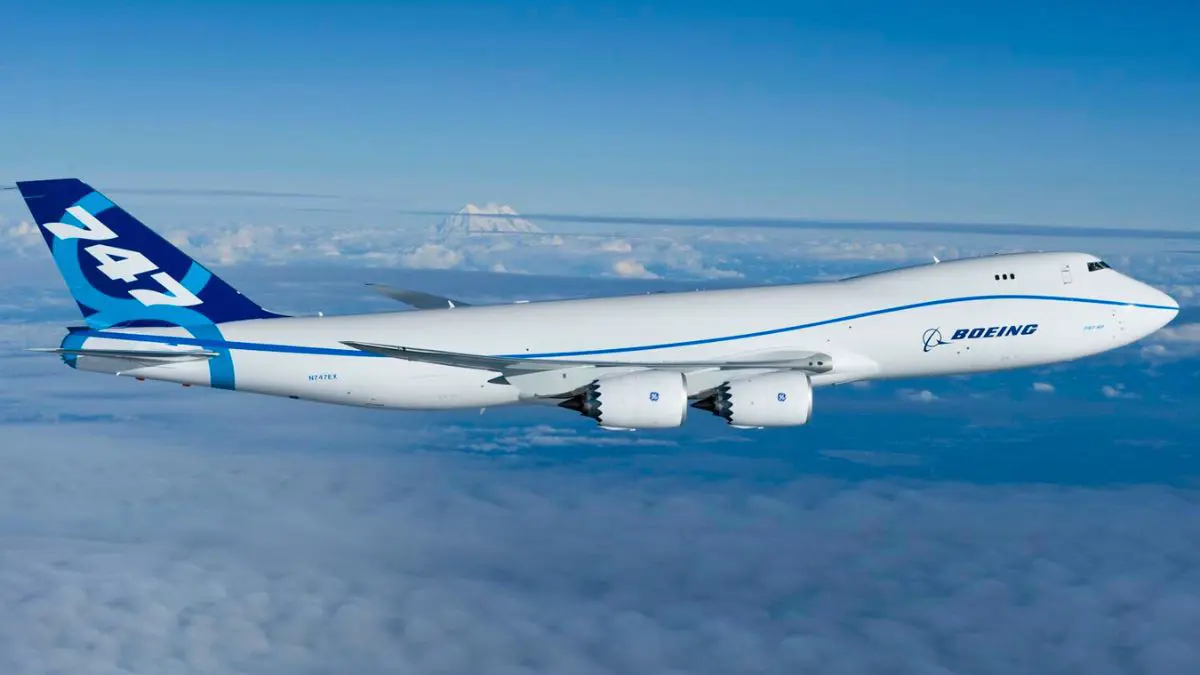Boeing Aims to Deliver New Air Force One Jets by 2027 Amid Ongoing Delays
08 May 2025

Boeing has set its sights on a 2027 delivery date for the long-delayed new Air Force One jets, according to a senior U.S. Air Force official. The revised timeline comes after years of setbacks to the high-profile presidential aircraft project, initially expected to be completed in 2024.
The two customized Boeing 747-8s were commissioned during former President Donald Trump’s first term. While the planes were ordered with an eye toward cost savings and modernization, the program has faced repeated delays due to design, production, and security-related challenges.
Speaking before the House Armed Services Committee this week, Darlene Costello, the acting assistant secretary of the Air Force for acquisition, technology, and logistics, said Boeing has now proposed a 2027 delivery. However, she cautioned that the date is not locked in. “We are looking at the requirements that are being potentially traded off to get to that date,” Costello said. “So I would not necessarily guarantee it.”
Costello also noted that the Air Force is coordinating with the White House to determine what capabilities are essential for the next-generation Air Force One aircraft. In a move aimed at expediting progress, the government has temporarily lifted certain security requirements at Boeing’s production site. This, according to Costello, has helped the aerospace giant operate more “efficiently and productively.”
While several technical and logistical issues remain unresolved, Costello said that once those are addressed, the Air Force will have greater clarity on a realistic delivery schedule.
In light of Boeing’s ongoing delays, the U.S. government has turned to defense contractor L3Harris Technologies to retrofit a Boeing 747 previously owned by the Qatari government. This interim solution is expected to be operational by this fall, providing a stopgap measure for presidential transport.
The Air Force and Boeing have remained tight-lipped on further specifics, with Boeing deferring comment to government officials. The company has faced mounting scrutiny over its handling of defense and commercial contracts in recent years, and the Air Force One delays further highlight the operational challenges at one of America’s most iconic manufacturers.
Summary:
Boeing is now targeting 2027 to deliver its long-delayed Air Force One aircraft, though the U.S. Air Force has not confirmed the timeline. Operational and capability trade-offs are still under review, and a retrofitted jet from L3Harris may serve as a temporary replacement. The delays underscore broader issues in Boeing’s defense operations and have potential implications for federal contracting and presidential transport logistics.
Frequently Asked Questions (FAQs)
Q1: Why is the delivery of the new Air Force One jets delayed?
The delays stem from a combination of factors including design modifications, security requirements, pandemic-related disruptions, and production inefficiencies. Boeing and the U.S. Air Force are still working through several unresolved technical and operational issues.
Q2: What aircraft are being used for the new Air Force One?
The new Air Force One aircraft are modified Boeing 747-8s, which are being customized to meet the unique security, communication, and operational needs of the U.S. President and accompanying staff.
Q3: What was the original timeline for delivery?
The jets were originally scheduled for delivery in 2024, but this timeline has now been pushed to 2027, pending final capability decisions and issue resolution.
Q4: How much is the Air Force One replacement project expected to cost?
The total program is estimated to cost around $3.9 billion, based on the deal negotiated during President Trump’s administration. However, delays and modifications could lead to cost escalations.
Q5: What role does L3Harris Technologies play in this program?
L3Harris has been contracted to retrofit a previously owned Boeing 747 (formerly operated by the Qatari government) for temporary use as Air Force One until the new aircraft are ready. This move helps maintain continuity of presidential air transport during Boeing’s delays.
Q6: What are the potential business implications for Boeing?
Extended delays may affect Boeing’s reputation in the defense sector, impact future government contracts, and contribute to broader concerns over its operational reliability amid ongoing issues in both its commercial and military divisions.
Q7: Has any other manufacturer been considered for the project?
While former President Trump publicly criticized Boeing, he also ruled out Airbus, Boeing’s European rival, as a viable alternative, leaving Boeing the sole provider for this highly customized and security-sensitive aircraft.
Q8: How does this affect national security or presidential travel?
While there’s no immediate threat to national security, the delay necessitates temporary solutions like the retrofitted 747. The Air Force and White House continue to assess operational capabilities to ensure continuity of presidential transport.



















